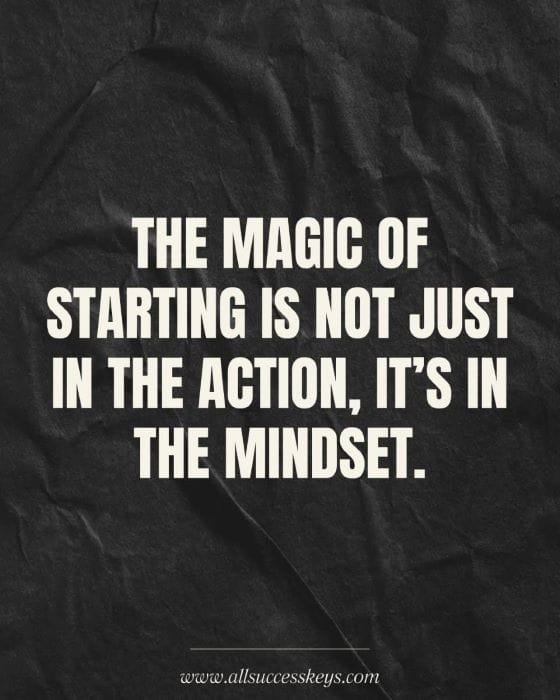The Hidden Power of Intuition in Business: Elevating Decision-Making
In today’s fast-moving business world, decision-making requires more than just facts and figures. Intuition plays a pivotal role in helping leaders navigate uncertainty, identify opportunities, and make bold moves that others might overlook.
For those willing to trust their gut, intuition is a powerful tool that can set them apart in their field. Let’s dive into how intuition becomes a strategic asset and how business leaders can use it to transform their trajectories.
Instinct Over Analysis: A Balance of Logic and Intuition
In business, we often lean heavily on data-driven strategies, but some of the most groundbreaking decisions come from following instinct. Take Steve Jobs, for instance. His intuitive sense of consumer needs and his ability to trust his gut when launching revolutionary products like the iPhone changed the course of technology.
While data is essential, intuition allows leaders to tap into a deeper understanding of trends, timing, and customer behavior, something that numbers alone can’t always capture.
Business intuition is about combining experience, subconscious cues, and a sharp awareness of the market to make swift, confident decisions, especially when clear data is lacking.
The Intuitive Edge: Navigating Uncertainty
In uncertain or volatile environments, intuition becomes a leader’s secret weapon.
Richard Branson, founder of the Virgin Group, often emphasizes the role of intuition in his decision-making. When launching new ventures, Branson credits his gut instinct for sensing when an idea will take off. In an era where agility is key, intuition can guide business leaders to take calculated risks that might not be apparent on paper but are vital for innovation.
In such instances, relying on pure data may slow down decision-making or lead to hesitation. Intuition, on the other hand, allows entrepreneurs to seize opportunities that others might miss, setting them apart from their competitors.
Building Your Intuitive Muscles
While some may view intuition as an innate ability, it is a skill that can be nurtured and developed. Meditation, mindfulness, and reflecting on past decisions are ways to enhance your connection to intuition. Many successful business leaders have honed their instincts over time, learning to listen to the subtle, often subconscious cues that help them navigate complex challenges.
This development of intuition also involves trusting oneself and becoming comfortable with ambiguity. By fostering a mindset open to non-linear thinking, entrepreneurs can sharpen their intuitive sense and use it as a competitive advantage.
Unconventional Methods for Tapping into Intuition
Building intuitive skills doesn’t always require meditation or mindfulness. Some leaders have cultivated their gut instincts through practices like freewriting, where they clear their minds by journaling ideas without filters or structure. This stream-of-consciousness technique allows them to unlock thoughts and perspectives they might not otherwise consider.
Entrepreneur Tina Roth Eisenberg, the founder of CreativeMornings, has attributed freewriting to unlocking innovative ideas that helped her shape the global creative community.
Another method is scenario building. By imagining multiple possible futures or outcomes of a decision, business leaders can let their intuition guide them to the scenario that feels most likely or aligned with their goals. This technique encourages forward thinking and taps into the subconscious, where intuition often resides.
Cultivating Quiet Confidence in Decisions
Intuition isn’t about rash, impulsive decisions, it’s about having quiet confidence in the path forward, even when external validation is missing.
Take Vera Wang, the famous designer who launched her career in fashion late in life. After working as a figure skater and a journalist, she made the intuitive leap to start her own bridal line at the age of 40. Her gut feeling that she could bring something new to the industry was a turning point in her career, despite having no formal background in design.
This trust in her own intuition, even when faced with doubt, is a hallmark of many successful leaders. They recognize the value of inner certainty and aren’t afraid to move forward when something simply feels right.
In a business world that often values hard data and logic, intuition remains an undervalued asset. Leaders who can trust their gut and recognize subtle cues are often the ones who find opportunities others miss and make decisions that reshape industries.
Whenever you see a successful business, someone once made a courageous decision.
Peter Drucker


